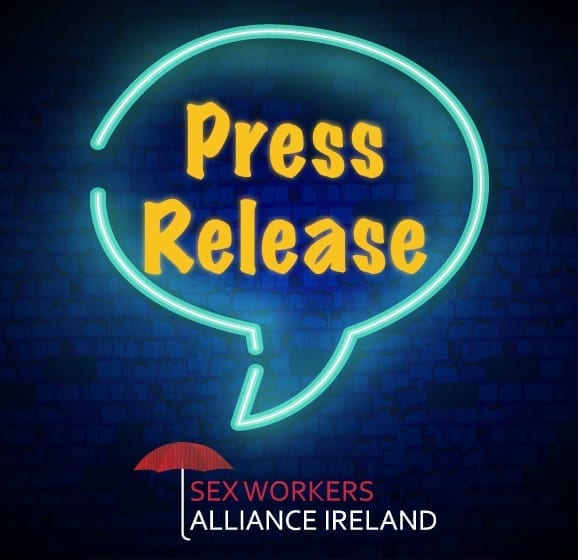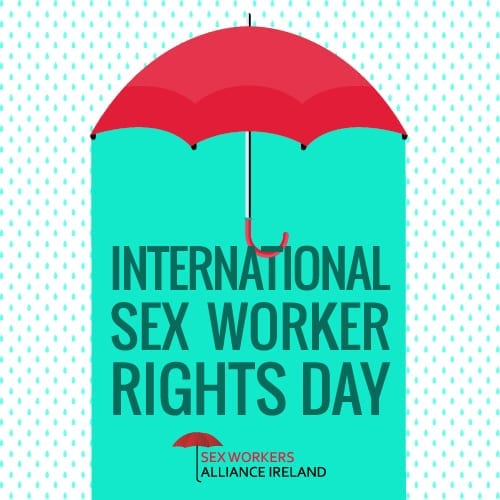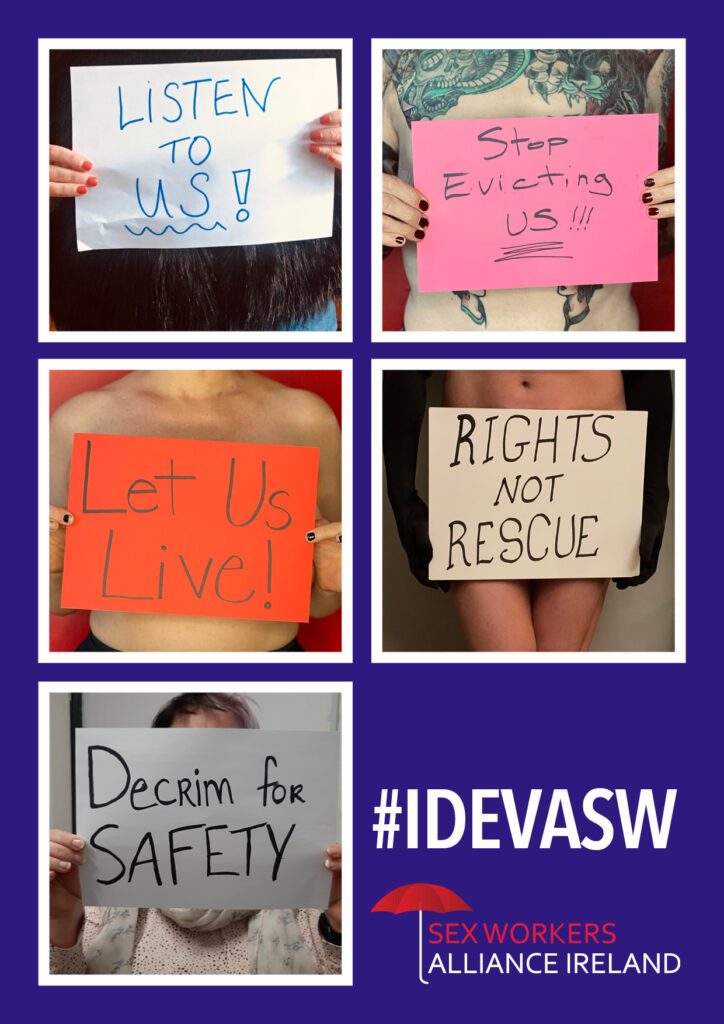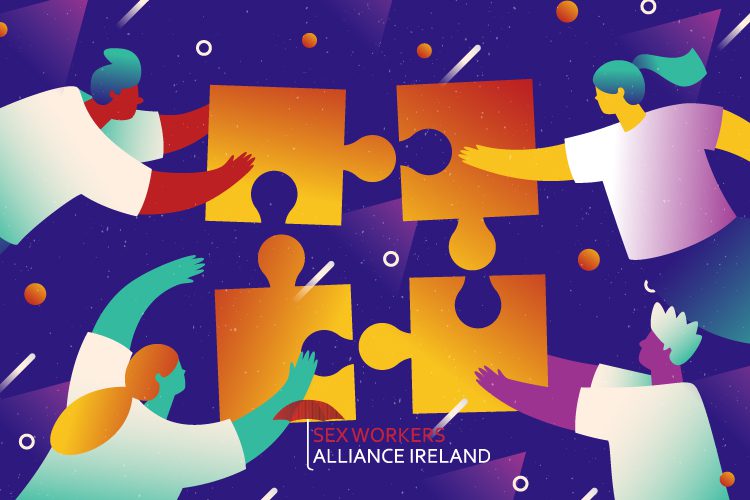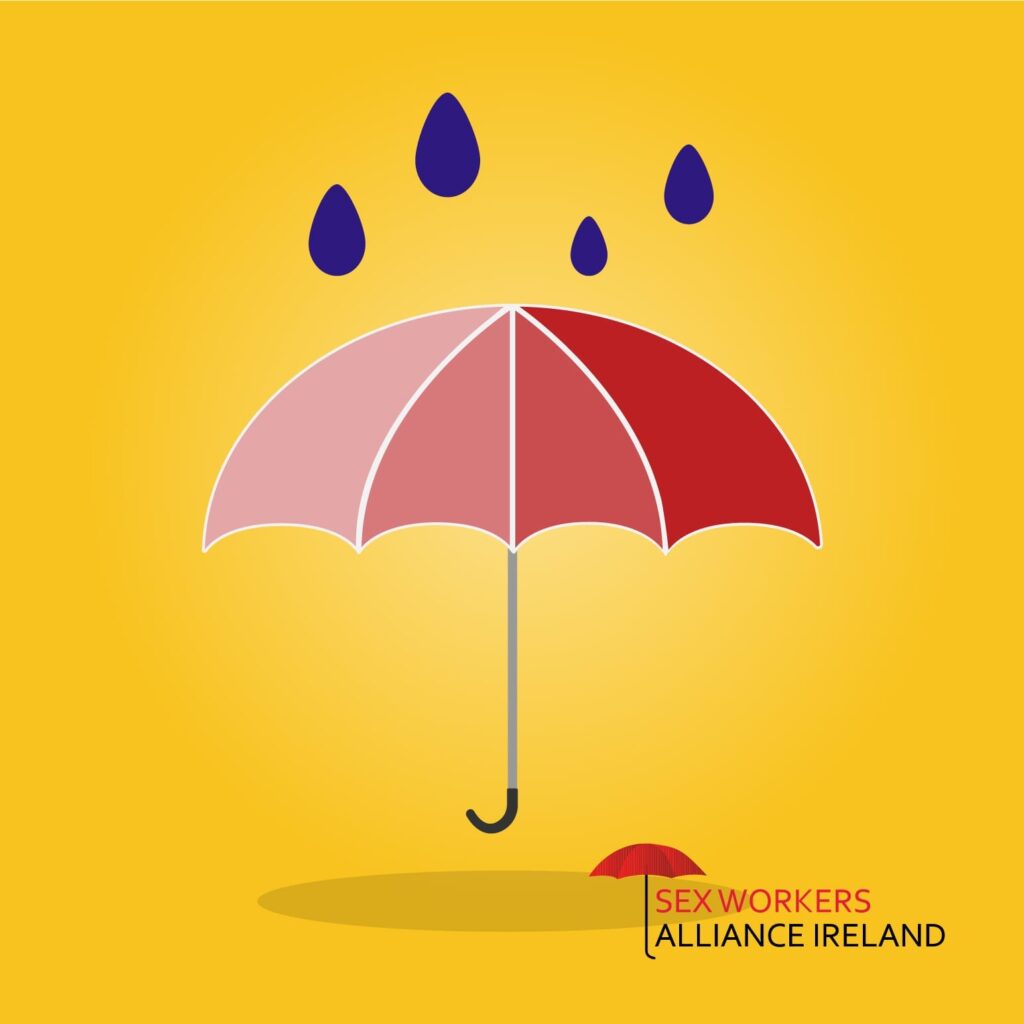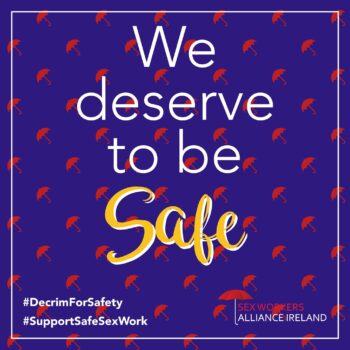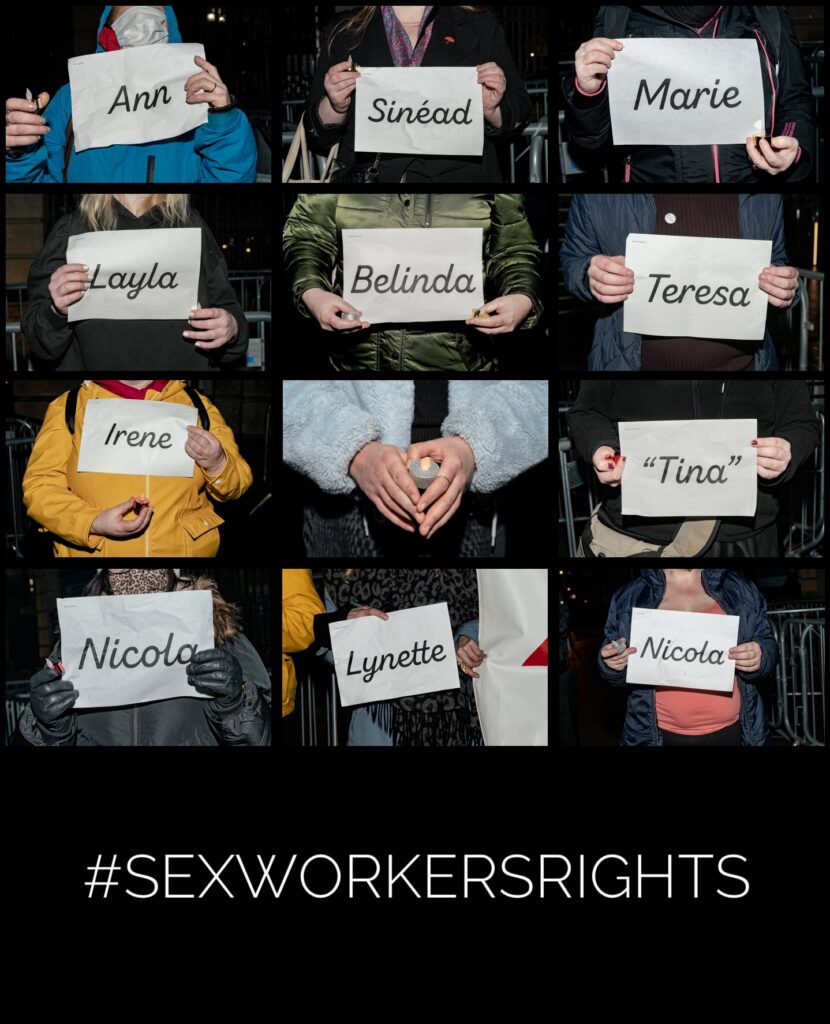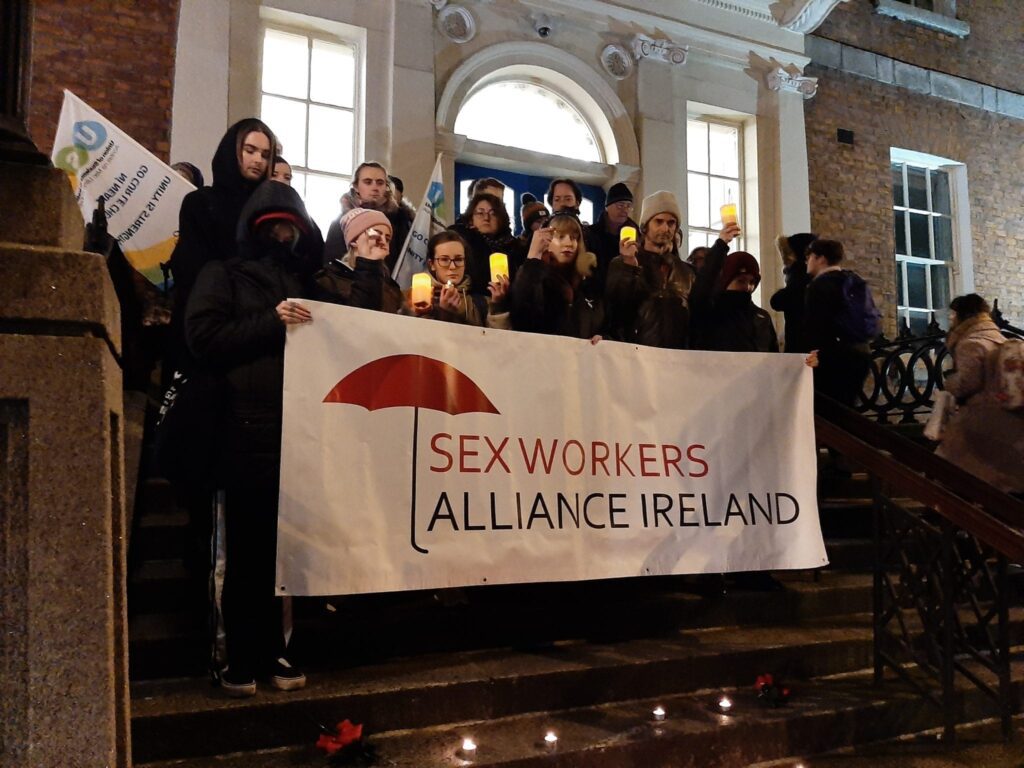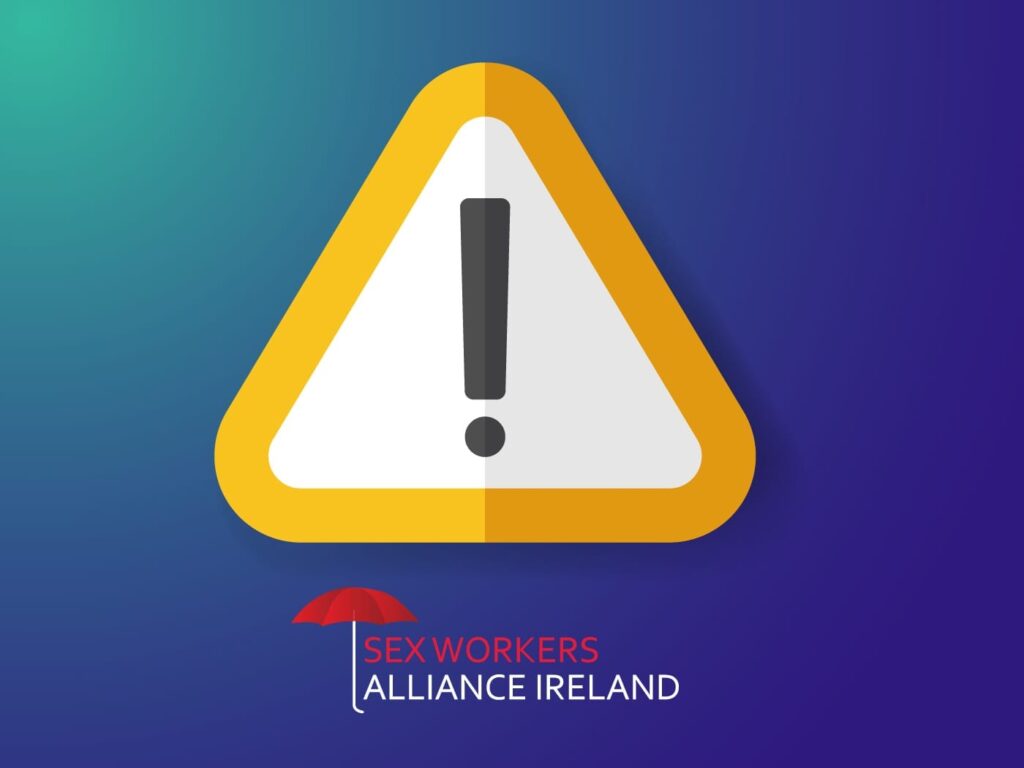
The murder of a sex worker is the grim but obvious result of a law that disregards the voices and safety of sex workers.
Linda Kavanagh, communications manager of the Sex Workers Alliance Ireland says “When this law was being debated in 2015 and 2016 sex workers and allies warned that the law would increase violence against sex workers. Since that time mountains of research, as well as the lived experiences of sex workers, have shown us to be correct.”
She continues “Everywhere the so-called Nordic Model has been passed, sex workers have been murdered. It has happened in France, it has happened in Sweden in the country of its origin, and now it has happened here.
Client criminalisation laws reduce the number of clients while doing nothing to address the economic need which drives people to do sex work in the first place. Despite the misguided promises of those who support the law, the client now has the upper hand in negotiation – he is the one at risk of criminal prosecution. To get the client’s money, a sex worker needs to make him feel safe and deprioritise their own safety. This may result in risk-taking behaviour like not using a condom, or taking on clients that a worker would normally turn down. The industry is pushed underground, away from services that can help a worker in an exploitative situation.
In 2017 the law also increased fines and added a jail sentence for so-called brothel keeping, where two or more sex workers share accommodation. Almost all sex workers we speak to want to work with another worker. Sex work is a cash business and working alone makes sex workers targets for criminals. Working safely and working legally are now incompatible.
The laws surrounding sex work have made criminals of consenting adults and have done nothing to stem the rising tide of violence against women in Ireland. Those at the forefront of the fight against violence against women vocally support our misguided laws. They refuse to listen to sex workers when they say they want sex work to be decriminalised.
When we hear of sex workers being murdered our immediate concern is the safety of the sex work community. What systems are in place for when something of this magnitude happens? It became clear to those of us in direct contact with sex workers day in and day out that there was not a Garda system in place. It was Ugly Mugs, advertiser sites and the community ourselves who spread the information about the attack and warned sex workers. A description of the possible perpetrator was given to the media before it was given to the community. Without organisations that constantly get called “the Pimp Lobby”, get refused funding, get shut out of policy decisions, and have our data and research ridiculed and laughed at (genuinely) the community would not know what was going on.
Another migrant woman has been killed in our country, because of our laws. It is time for people in Ireland to demand the end to laws that put women, migrants, gender-diverse and marginalised people in harm’s way. We deserve better than a country that pushes people into sex work through the continuing housing crisis, lack of drug reform, lack of legal migration paths, the cost of living crisis etc and then puts people in danger when they chose to do sex work. People are desperate because of these concurrent crises. Violence like this is not inevitable, but the dehumanising language used around sex work contributes to it. We need to fully decriminalise sex work as a first step towards the safety of sex workers.
Our thoughts are with her and her family.
#DecrimforSafety #SupportSafeSexWork

